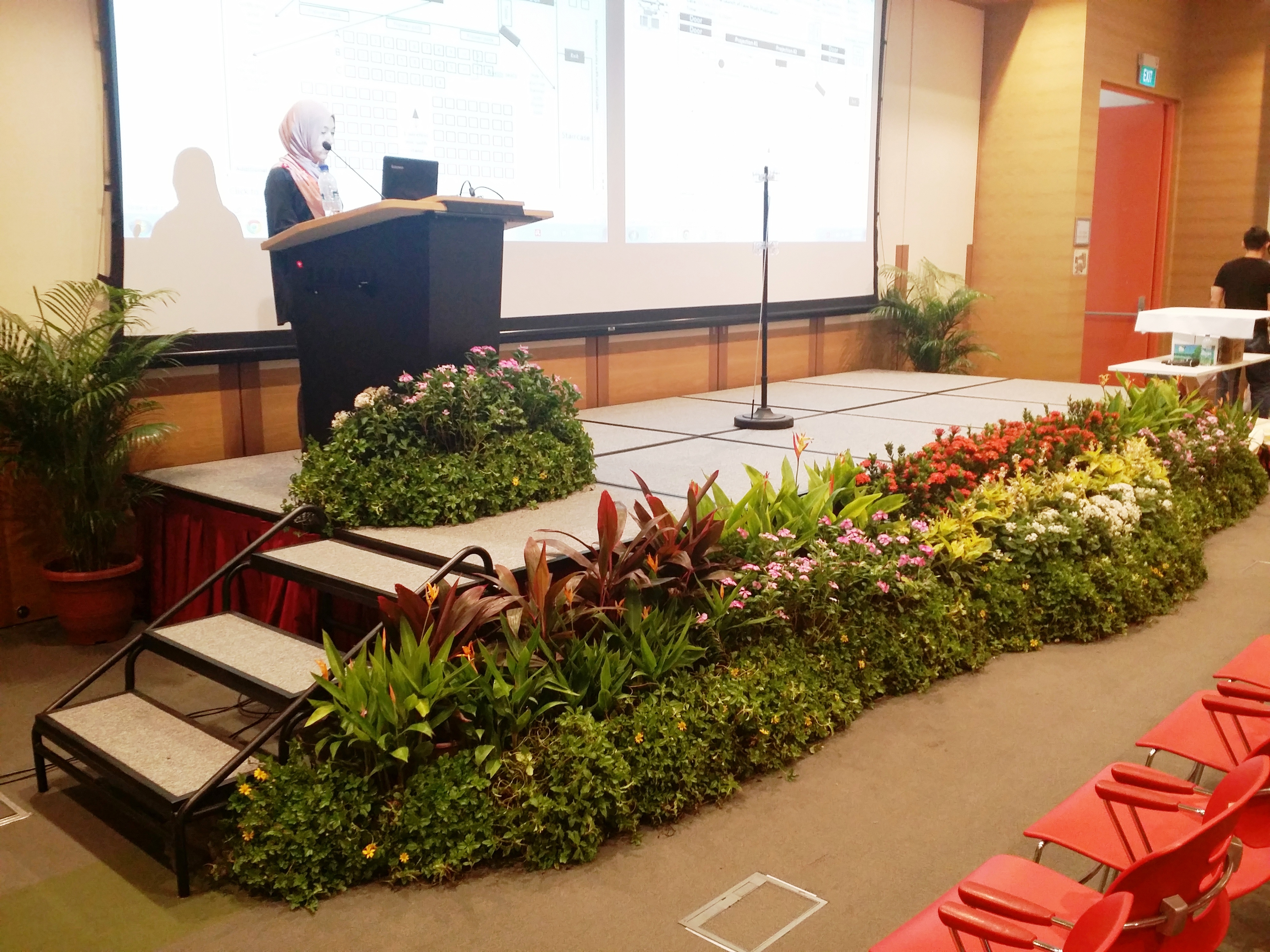November
2009
Green Water Problem0
Green Pond Care - Natural Solutions To Green Water Pond Problems
When you hear the term “green pond care” your first thought is probably, “yeah, I know all about green ponds”! But do you know why the pond water looks like a green pea soup? The answer is that age old problem called pond algae.
Algae in ponds is nothing new, heck it probably dates back to the stone age or before, but the bottom line is, it can affect any size of pond, from the smallest backyard varieties to the largest of multi-acre lakes. You’ll even find some species of it in the ocean.
The type that you see causing your green water problems though is called Planktonic algae. In a more literal and technical sense, you could be looking at several strains or species of algae in your pond at one time. Do names like Chlamydomonas, Chlorella, Euglena, or Closterium ring a bell? Maybe not, but they are all types of planktonic algae.
You’ll hear a lot of suggestions and comments on how to clear up green water in a pond. Some say that the only way to treat green water is by partially draining or completely cleaning out the pond. Other suggest that mechanical options like ultra violet filtration is the answer. And still others sit confused and helpless, wondering if their fish are still living in the depths of the pond.
To be clear, in many cases, fish don’t have that much of a problem with green water. Afterall it does provide a form of shade in the hot summer months and it most often looks worse than it really is on the health of the pond. Still, no pond owner relishes the thought of looking at it all season long.
So what is the answer to clearing up this green mess? Well there are several and we can talk about a few of them here without making things too complicated.
Out of what was suggested earlier, such as pond cleaning, UV filtration, or sitting helplessly by, all have their merits, except maybe the last one. Pond cleaning is something you’ll want to do from time to time, and usually it’s a great way to start off the spring and get things spiffed up and ready to go. Usually when a cleaning takes place you’re removing some of the organic build up that’s settled through the course of a year and this call help with algae control.
If you have fish, and you’ve taken the steps to clean the pond out, and in a few weeks you see the water turning green again, you can probably blame the fish. Let’s not blame them exactly, they’re only doing what comes naturally, but their waste material may be a problem. As this builds up, nutrient levels rise, and as temperatures warm too, green water may develop.
So if you see this, do one thing. Check your fish load in the pond. Ideally you should have no more than one inch of fish per every ten gallons of water. With Koi fish, it should be one inch of fish per every twenty five gallons of water. Anything more than this and you may be over loaded and will want to think about thinning the fish population down. Your friends can use more fish right?
In terms of mechanical options, ultraviolet filtration is probably the most recommende option for green water issues. Be aware though that this type of filter only works on green water algae and not string algae or other “thick” types of growth. Simply put, if the algae can’t pass through the filter it won’t be affected. Amazingly you might never deduce this by looking at the ads for the devices.
Finally, if you haven’t tried a beneficial bacteria product, consider doing so. These can actually work in limiting all types and kinds of algae because they work to lower the nutrient levels in the pond and they can do so naturally. This makes them much safer to use than chemical options and they can help clean some of the organic material up at the bottom of the pond as well. All in all they represent a very good option to try when confronting a green water problem.
Mark Washburn is a pond care specialist and has helped pond owners deal with algae problems for over a decade now. Learn more about his thoughts on pond algae and how to control it by visiting Pond Algae Solutions
Article Source: http://EzineArticles.com/?expert=Mark_Washburn



 ADV SIZE 160x160 USD180
ADV SIZE 160x160 USD180













